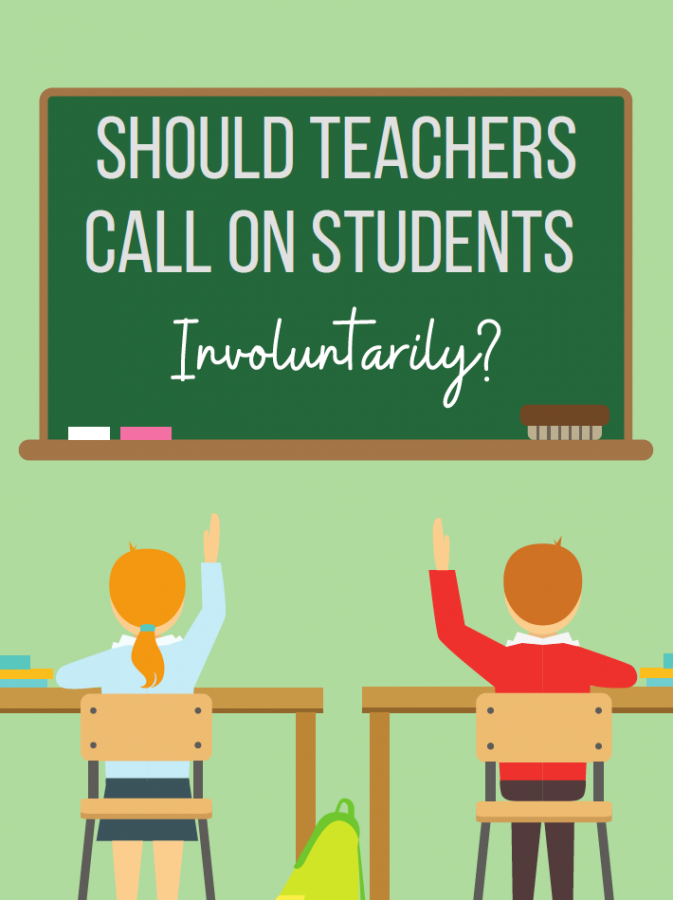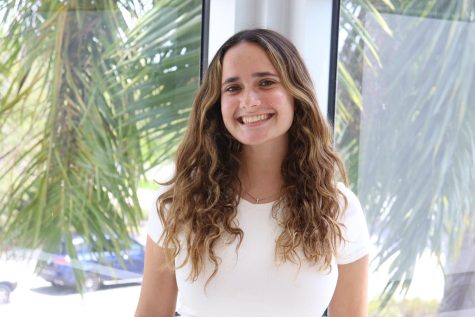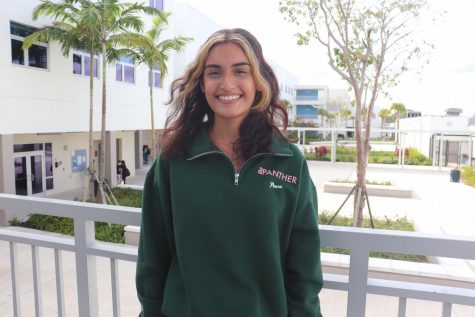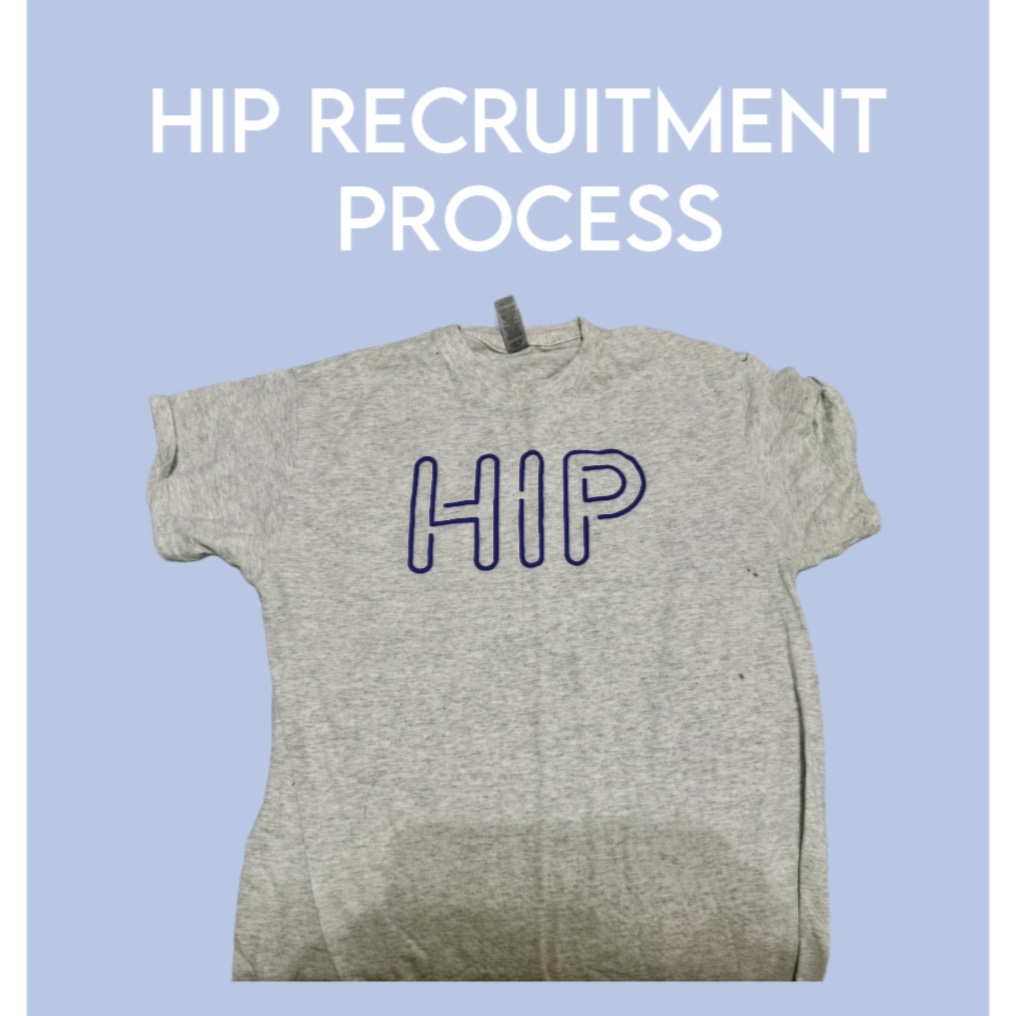FACEOFF: Should Teachers Call On Students Involuntarily?
March 19, 2021
Yes (S.E.)
In elementary school, whoever raises their hand the fastest to answer the teacher’s question appears “cool,” with many students enjoying displaying their knowledge. As students grow older, however, fewer hands shoot up, and some view it as undesirable. School gets harder, more stressful and requires more responsibility each year, requiring students to turn in large amounts of work on time. If students do so, then classes should not feel too stressful or overwhelming. If students fall behind, they often feel the pressures of school much more, and attend class unaware of the questions the teacher asks. To ensure their students pay attention to lectures and keep up with the material, teachers have the right to call on them, even if students do not raise their hands.
Teachers have to engage students and encourage them to learn material they most likely have little interest in. In many classrooms, only a few students raise their hands, and they can take over the conversation. While many students who do not raise their hand do not know the answer, many do and just choose not to speak. Calling on students involuntarily allows them to answer questions and voice their opinion on topics, something they otherwise would not have done themselves. The teacher needs to ensure that every student becomes involved in the learning process, not just the self-assured, extroverted students. This small nudge allows them to develop the confidence to take charge in the future and to use their voice. Teachers’ jobs consist of more than just teaching the curriculum — they also teach life skills and lessons.
Oftentimes, students dislike teachers who cold-call because they feel as though their body language clearly reflects that they do not know the answer and want to avoid embarrassment from the rest of their class. As a student, I experience this regularly, but in reality, getting called on involuntarily forces me to stay on my toes and engaged. While some temporary embarrassment may ensue, students become better equipped for tests and homework after learning the answer to the difficult question.
Many other students do not raise their hand because they suffer from anxiety and simply do not want to speak in front of the class. Students with anxiety commonly avoid eye contact, engage in other activities when called on and at worst, freeze. Early on, teachers must encourage their students to cope with their anxiety. Teaching positive reinforcement and problem-solving skills helps students overcome their anxiety and raise their hand to answer questions in class. If they do not, teachers may call on students involuntarily and encourage them to answer the question the best they can.
In order to become successful later in life, students must learn how to speak up for themselves and answer difficult questions. By calling on students involuntarily, teachers provide students with an environment to grow and learn both core content and life skills.
No (P.B.)
Many teachers use the tactic of cold-calling on students to ensure that students stay attentive during class. They may believe that this action benefits their students and their overall performance in class, but that is not always the case. Teachers should refrain from calling on students who do not raise their hand in class because they do not know the reason why the student chooses not to participate. While the teacher may assume that the student simply does not pay attention, in actuality, the student may suffer from social anxiety, shyness, low self-esteem or other insecurities that make them hesitant to volunteer in class.
Some teachers feel that calling out a student in class counts as an effective way to shame the student into paying closer attention. They fail to realize the repercussions that this could have. Instead of the embarrassment motivating them to participate more, they might end up dreading going to class and trying to make themselves more invisible to the teacher.
Students’ lack of participation does not directly correlate with not paying attention or not knowing the answer. Some students have more introverted tendencies than their peers, and may prefer to learn by simply listening and observing rather than actively participating. Forced participation may harm an introverted student’s focus in class because the student may become more worried about the risk of getting called on than comprehending the actual material.
Teachers need to recognize that every student has a different learning style, and to keep an eye out on students who may suffer from panic attacks or low self-esteem from the involuntary participation.
Although cold-calling has its negatives, one cannot deny it does have some positives. Cold-calling, while stressful for some, may improve students’ public speaking and improvisation skills, since they have to come up with an answer on the spot in front of their classmates. Though this trains students to apply what they learn in class at a moment’s notice, the issue lies in the fact that it creates unnecessary pressure. Ultimately, if it happens multiple times in the same class, a student may end up dreading going to class instead of feeling excited and ready to learn.
Teachers should use the practice of cold-calling on students less often and more carefully, since they may not know all of their students’ situations.












